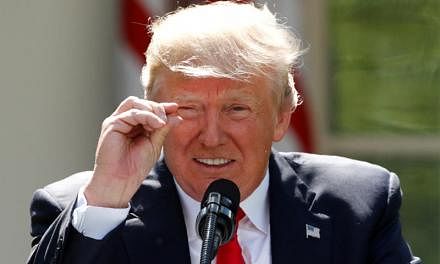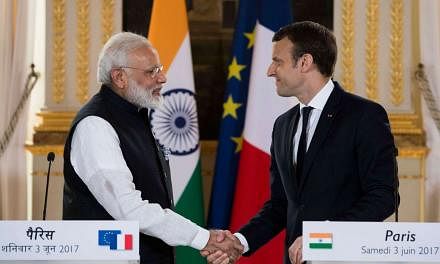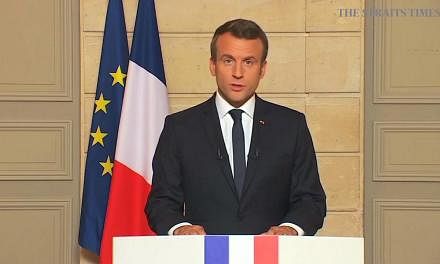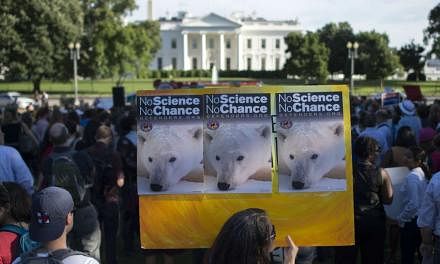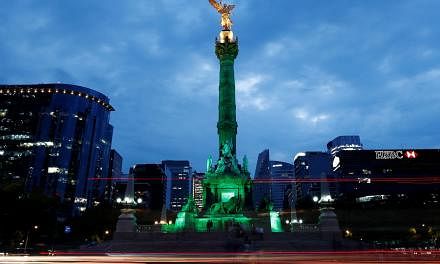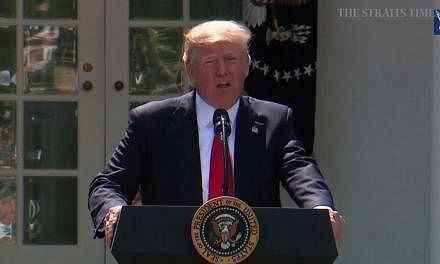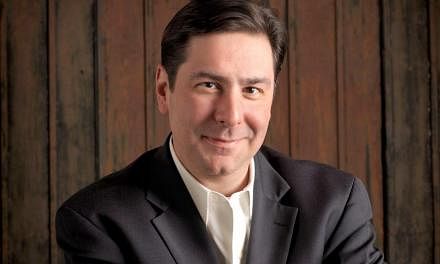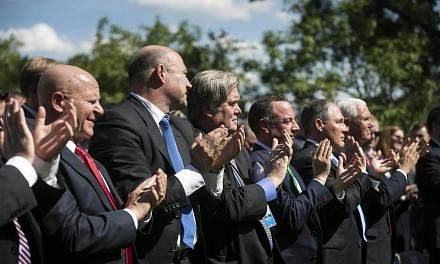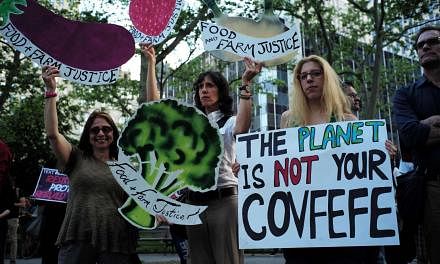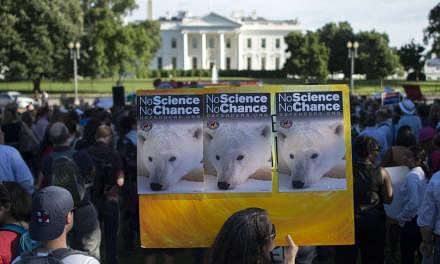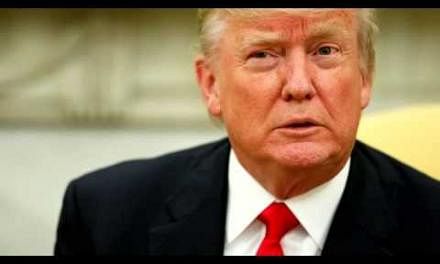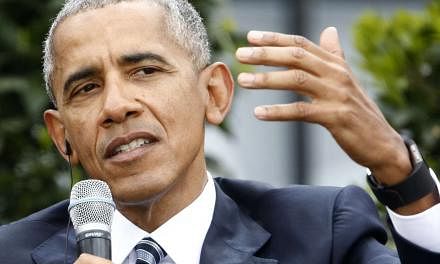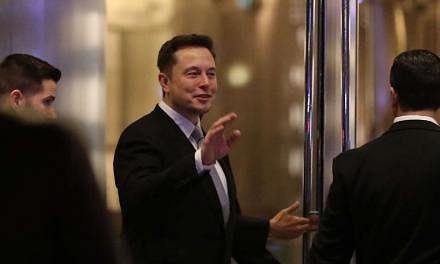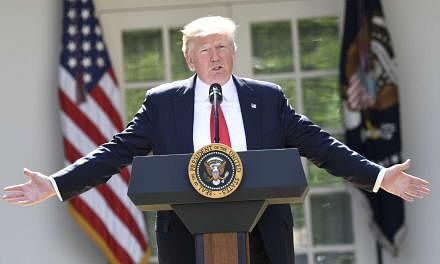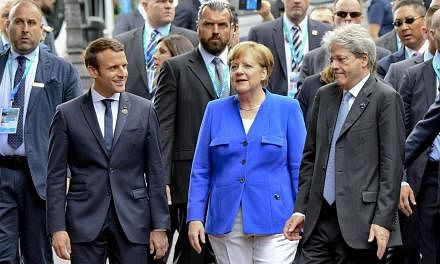United States President Donald Trump's decision to back out of the Paris climate agreement is reckless and short-sighted. But his announcement won't torpedo the 2015 accord, which was signed by nearly 200 nations and united the globe in fighting global warming.
The withdrawal, which will take several years to effect, doesn't speak for all of America. It will not bring back jobs in the coal sector or the manufacturing sector that he is championing. And there will not be a renegotiation of the Paris agreement, despite Mr Trump's statement that he is open to deal-making. The agreement was more than two decades in the making and the largely voluntary nature of the Paris pact was designed in part to meet US requirements - a legally binding treaty would have been rejected by Congress. Several EU leaders have told Mr Trump there will be no re-negotiation.
Mr Trump will be reminded that the United States, the world's number two greenhouse gas polluter after China, has a global and moral responsibility to lead in cutting planet-warming emissions from fossil fuels. Historically, the US has emitted far more pollution from burning coal, oil and gas than any other nation. That fact seems to be ignored by Mr Trump and his anti-climate supporters in Washington and a handful of coal-mining states.
He also seems oblivious to the huge shift in the US economy towards cleaner energy that is dooming the coal sector, which he has vowed to revive as a symbol of saving American jobs. But those jobs are gone and aren't coming back, in part because power generators are shifting to cheaper and more efficient shale gas and competitive renewable energy.
According to US government data, the coal industry employed 76,572 people in 2014, the latest year for which data is available, and the sector has been in decline for years.
In contrast, clean energy jobs are booming.
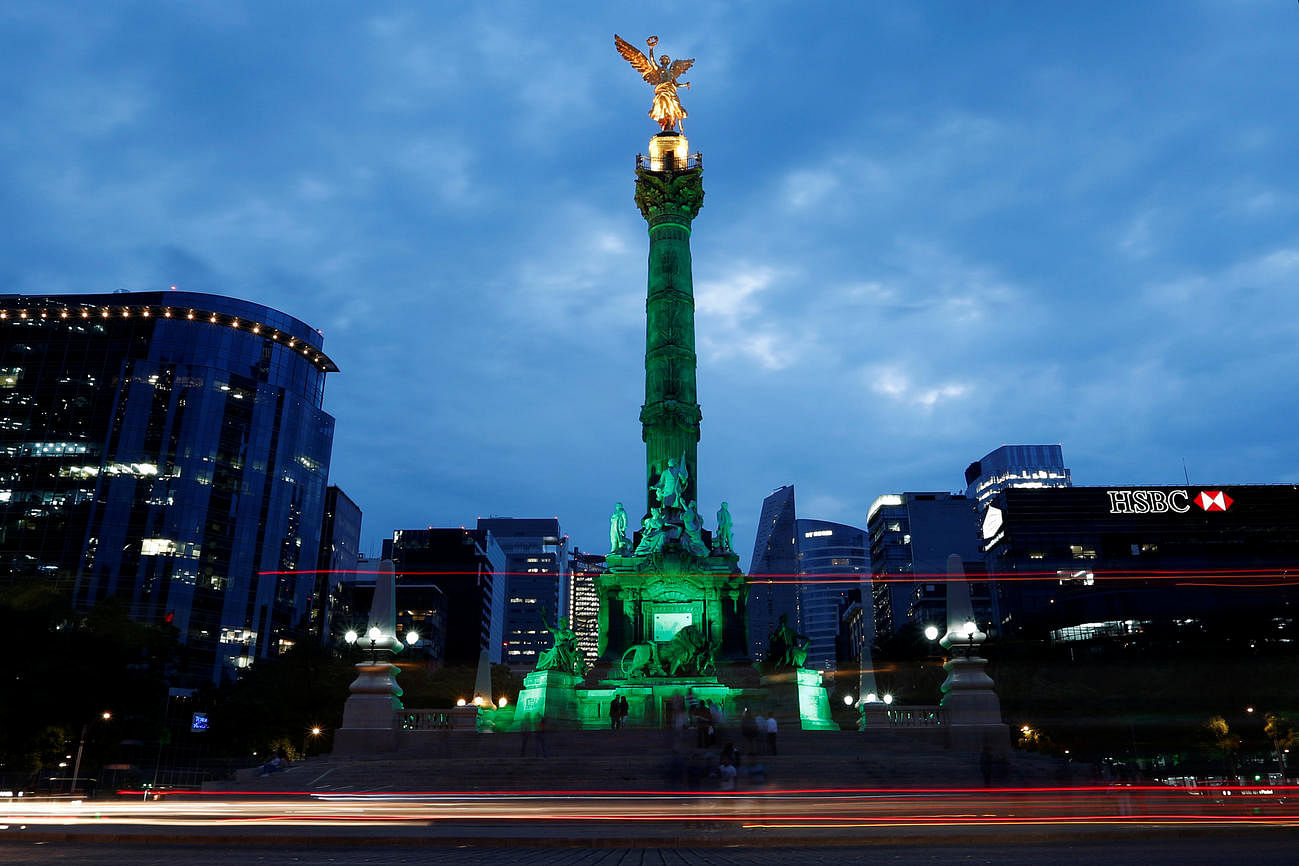
The US Department of Energy said that in 2016 nearly 374,000 people worked, in whole or in part, for solar firms, with more than 260,000 of those employees spending the majority of their time on solar. In addition, there were 102,000 people employed at wind firms across the nation. The solar workforce increased by 25 per cent in 2016, while wind employment increased by 32 per cent.
Data from the US Energy Information Administration (EIA) shows coal's share of total US electricity generation dropping from about 45 per cent in 2010 to 32 per cent now, while renewable energy has risen from 10 per cent in 2010 to 15 per cent this year. Gas rose from 24 per cent to about 32 per cent now.
EIA data also shows that for the hundreds of new power plants planned for completion from this year to 2027, the vast majority are solar, wind, battery storage and gas. This underscores the growing shift towards clean energy in the US.
In many other ways, Mr Trump's decision shows he's out of touch with much of the US.
Major US corporations, including Apple, Facebook, Google, The Hartford, Gap Inc, Microsoft and PG&E Corp this week urged Mr Trump to stay in the Paris agreement. Even energy giants ExxonMobil and ConocoPhillips voiced support for the accord.
In response to Mr Trump's announcement, the mayors of 61 US cities promised to meet commitments agreed to under the accord. And the governors of New York, California and Washington states announced the formation of the US Climate Alliance, also pledging to meet the US emissions reduction pledges under the Paris agreement.
"If the president is going to be AWOL in this profoundly important human endeavour, then California and other states will step up," said California Governor Jerry Brown.
This strong show of defiance underscores that, nationally, the US is cutting back emissions regardless of what happens in the White House, an important signal to the rest of the globe. But Mr Trump's announcement still risks hurting the sector.
Internationally, Mr Trump is also isolated. He has just ceded a key leadership role to China and the European Union, which have both pledged to fully implement the Paris agreement, a vital sign that the pact will survive.
India, too, is backing the Paris pact and the need to curb the growth of fossil fuel emissions. It sees renewables as a way to bring electricity to hundreds of millions of people without the deadly pollution that chokes many of its larger cities.
Indian Prime Minister Narendra Modi summed up his feelings this week when he said that failing to act on climate change would be "morally criminal".
By withdrawing from the Paris agreement, Mr Trump has tarnished America's image and put at risk investmentsin the clean energy sector. For someone keen to promote jobs, that's a very bad deal.


